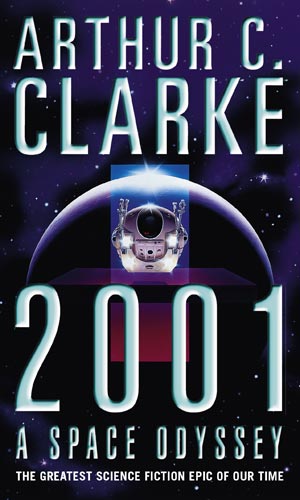
Title: Fear and Loathing In Las Vegas
Author: Hunter S.Thompson
First Published: 1971
Genre: Humour, Journalism
Where to buy: Amazon, Waterstones, Book Depository
"I hate to advocate drugs, alcohol, violence, or insanity to anyone, but they've always worked for me".
- Hunter S. Thompson
Fuck me they take a lot of drugs in this book don't they?
"...we had two bags of grass, seventy-five pellets of mescaline, five sheets of high-powered blotter acid, a saltshaker half-full of cocaine, and a whole galaxy of multi-colored uppers, downers, screamers, laughers... Also, a quart of tequila, a quart of rum, a case of beer, a pint of raw ether, and two dozen amyls. Not that we needed all that for the trip, but once you get into locked a serious drug collection, the tendency is to push it as far as you can. The only thing that really worried me was the ether. There is nothing in the world more helpless and irresponsible and depraved than a man in the depths of an ether binge, and I knew we'd get into that rotten stuff pretty soon."
If anything actually that's my main problem with this book. And don't get me wrong I'm a big pro-drug legalization supporter so I'm fine with them taking it, it's just that it seems to be the only real hinge to the book.
It's as if when Thompson was pitching this to the publisher he was like:
"Right, okay! So first there in a car...on drugs!
Then they go into a casino...on drugs!
Then they go back to there hotel room...still on drugs!
Then they have to go to a drug conference...on different drugs!
Then they go to an airport...on even more different drugs!"
It didn't seem to me like there was any other real backbone to the story. I just got the overwhelming feeling when I finished it of "Really? They get high all the time and then go on crazy hijinks in Las Vegas and then the book ends? Seriously? That was all there was too it?" There really wasn't much plot to get me particularly interested and didn't seem to go anywhere other than the enormous amounts of drug taking and booze drinking that went on in it.
But I wouldn't say the book was completely without merit. There are some great bits of social commentary in-between all the drug taking. Thompson provides despairing passages on the failure of the sixties dream throughout. I wasn't born in the sixties so I have no experience of what it was like, but for me there was a tinge of sadness in me knowing that all the positive sixties idealism shrivelled and died to make way for the harsh seventies. I've actually heard that the "swinging sixties" as everyone remembers it is a fairly romanticized version of the actual sixties. But even if that is so I still miss the ideals and attitudes that we now think of with that period. The idea that we could all do something to improve the world no matter how small. And that peace and love are the ultimate goals to strive for, in a world where people are free to be a member of any sex, race, religion, class or gender they want without prejudice and persecution. But now it's all gone. It crumpled and died like a flower that didn't get enough water.
If anything though I actually miss Hunter S. Thompson a little more than the sixties. Having read up on him more I learnt that he was a great guy who had a passionate love of freedom and defended with it with stark clarity. It's a darn shame not to have his voice around anymore, and if this book has done anything for me it has made me want to track down more of Thompson's work. Perhaps his non-fiction "Gonzo" journalism will be better suited for me.
On a different note the illustrations are fantastic in this book. There all done by Ralph Steadman and they are completely fitting to the book's twisted feel. They look like the deranged drawings that you would find in a serial killer's journal. There fascinating to look at and I would be perfectly happy if the book was just a collection of those drawings alone.
In all honestly though I found most of this book rather underwhelming. And weirdly despite the myriad of twisted and insane things that go on in the book, I actually found it pretty unmemorable. Suffice to say, this book was a bit of a disappointment and didn't leave that much of a mark on me.








